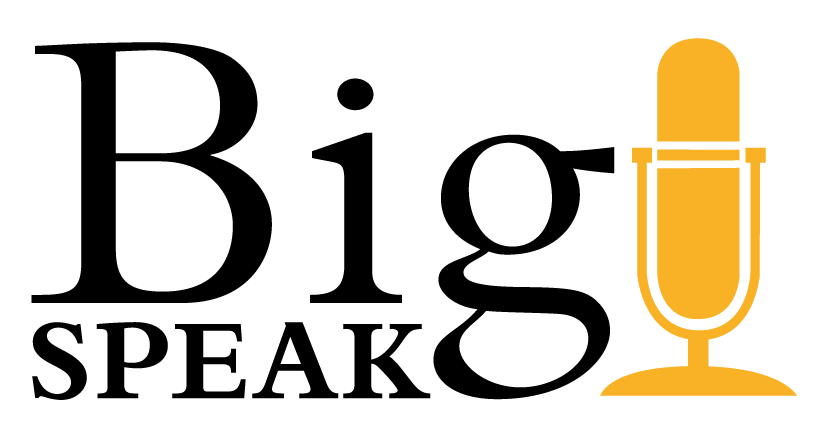How to “Do the Research” on Black Lives Matter

I recently spoke with my 64-year-old father who was bewildered about where to start, how to get information from other CNN, and who he should be listening to. I realized our generation is in a very different position than the Baby Boomers. We all partake in social media, where information is being spread faster than wildfire. I kept telling him there are lists everywhere of books to read, movies to watch, places to donate, Black-owned businesses to support. He said he hadn’t seen one, and I realized most of these lists I’m seeing are being shared through my Instagram story feed—something he doesn’t even know exists.
I’m not justifying his lack of accountability. He could and should have looked outside his normal media sources if he wasn’t finding the information there. He also could have listened to the book and movie recommendations I’ve been texting him…but that’s more of a conversation (yelling-match) to be had over dinner.
For those like my dad, I wanted to circulate the findings that are being shared on social media and the tools I’ve found helpful in guiding my support of the Black Lives Matter movement.
Personal Development
This is rooted in educating ourselves. The more you know about the history of slavery and Black oppression in America the harder it is to ignore it. I recommend relearning American history. Our country was built on slavery and then rebuilt on systemically oppressing and using Black Americans for the profits of white Americans. If you disagree with this statement you need to realize it’s not an opinion, it’s a fact.
The 13th is a documentary on Netflix that explains how slavery dovetails into the criminal justice system. In the beginning of the postbellum era, the prison system was created specifically to incarcerate Black people in order to rebuild the South through forced prison labor. From there, the documentary expands on the different tactics the American government has used to oppress Black people and take away their supposed freedom. This documentary is being offered for free on Youtube as well to give everyone access.
The historical drama Selma is our guidebook to the revolution we are living through. This depiction of Dr. Martin Luther King’s 1965 Selma to Montgomery voting rights march and all of the events that led up to it are eerily familiar. One can flip from the nightly news and watch protestors being beaten in the streets to the movie Selma and the only difference is an update in wardrobe. When asking yourself where do I start to help the Black community look to the past for guidance.
White Fragility by Robin DiAngelo is a book that will help you address your own unconscious biases and why it is so hard for white people to talk about race. It will show you the problems with white defensiveness and help you partake in an open conversation.
Me and White Supremacy by Layla Saad is a book that will explain white privilege and help you identify its impact, as well as white supremacy’s impact in our world. It is written as a 28-day guide to help white people change for the better.
Between the World and Me by Ta-Nehisi Coates is a book written as a letter to his son. It lifts the veil for white people into the fearful world of Black people living in a racist America. This book will help you understand the experiences of Black Americans and empathize with their century-long struggle.
There are so many more books, movies, documentaries, songs, videos—any piece of culture— that will help open your eyes to the Black experience in a white America. This is a good starting place, and I hope you’ll continue.
Professional Development
Within your company, there are very tangible steps you can take to make the workplace more equitable for Black men and women.
Stop microaggressions in the workplace…and in every place for that matter. Microaggressions are terms used to describe everyday verbal, behavioral, or environmental indignities that communicate prejudice slights.
A few examples:
-Telling Black men and women they’re too aggressive, disruptive, or any other term that implies they are filling the hurtful stereotype of an “angry black man or woman.”
-Disregarding a Black employee in any form, from not saying hello to speaking over them in a meeting.
Anything that subverts their equality is a microaggression. If you see it, speak up. It’s your place as an ally to make sure your Black colleges feel protected.
Recruit, develop, and promote Black talent. There is no scarcity of Black applicants. Diversity and Inclusions Expert Risha grant says if your company isn’t receiving any applications from Black talent, they’re looking in the wrong places. Broaden your searches outside of your networks, neighborhoods, and LinkedIn pages. Make partnerships with the Black Student Association on your local college campus and notify them of job openings. Your company should reflect on the consumers it sells to and genuinely try to replicate the consumer base within its staffing.
Systemic Development
A really easy way for white people to help dismantle the racially unjust system we live in is by donating. Donate to organizations fighting to revolutions the criminal justice system. Donate to organizations offering early development to at-risk youths. Do a quick Google search right now with the word “DONATE” and whatever issue within the Black community is important to you. Try my favorite: Donate mental health crisis intervention for Black women. You will have more than enough resources to choose from.
Watch where your dollars go. Shop at Black-owned businesses, support Black leaders in your community. By spending your money with them instead of on Amazon you’re giving them the capital to grow and support more Black community members. And if you’re an investor look into investing in Black-owned businesses.
Business & Finance Articles on Business 2 Community
(20)


